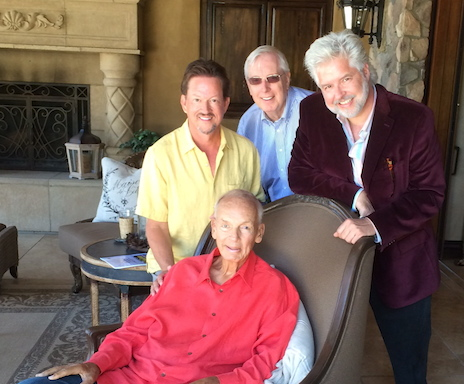They call it “the leaky bucket.”
When PPM metered measurement was birthed, many analytical programmers embraced this philosophy by scampering to remove everything between the songs that might cause tune out. The result was song-to-song segues and little human connection. While no one could argue against eliminating tune outs, this “spotlight effect” * on TUNE OUTS left many stations void of any station branding to convey its unique benefits, and no human connection.
Stations became more like Pandora but without their customized music mix. Stations were left with little of what radio does best (a listening experience based on shared values and experiences) but without the capability of offering what only Pandora can.
In other words, radio listening became the worst of both worlds.
Perhaps you’ve heard of the Super Bowl. USA Today’s Ad Meter website allows us to see the Super Bowl commercials (even in advance of the game) and vote on our favorites. Just for the heck of it I Googled “vote for best Super Bowl commercials” and got 50,900,000 results.

I reckon some folks must actually like commercials, to the cost of 4.5 million dollars for 30 seconds.
Now listen, I realize there’s a difference in a commercial from Honest Fred’s Used Cars in Mule Shoe to ones like you see during Sunday’s game, but…
…the Super Bowl is proof that people don’t dislike all commercials, they dislike bad or irrelevant commercials.
Listeners don’t dislike all talk, they dislike boring and irrelevant talk.
When we shift the spotlight from side to side we are able to illumine the appropriate programming response to talk that may cause tune out is not to eliminate talk, but rather to create talk that is relevant, compelling and enhances the radio station’s value.
The response to imaging that may cause tune out is not to eliminate imaging, but rather to create compelling imaging that tells the radio station’s story and connects it to the listener’s life. (Better yet, to tell the listener’s story and connect it to why the station exists).
Like the Super Bowl commercials do.
But that takes work. And I’m told that having a great radio station is a hard work.
* “We are quick to jump to conclusions because we give too much weight to the information that is right in front of us, while failing to consider the information that’s just offstage. It’s called “the spotlight effect.” The spotlight only lights one spot. Everything outside it is obscured. When we begin to shift the spotlight from side to side the situation starts to look very different. And that, in essence, is the core difficulty in decision making. What’s in the spotlight will rarely be everything we need to make a good decision, but we won’t always remember to shift the light. Sometimes, in fact, we’ll forget there’s a spotlight at all, dwelling so long in the tiny circle of light that we forget there’s a broader landscape beyond it.” Chip and Dan Heath, “Decisive: How to Make Better Choices in Life and Work”
**Obviously dosage and precision are critical. “Abusus non tollit usum” – the abuse of a thing does not invalidate the proper use of a thing.




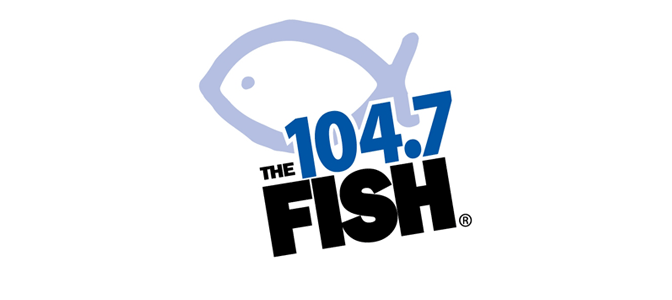
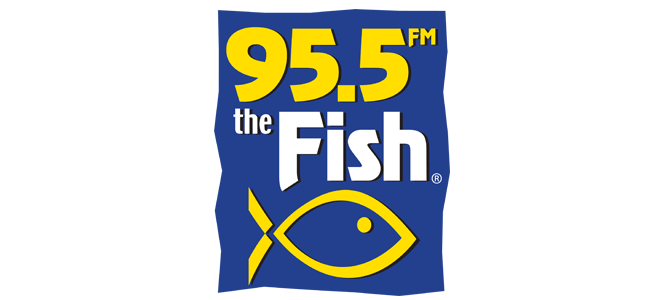





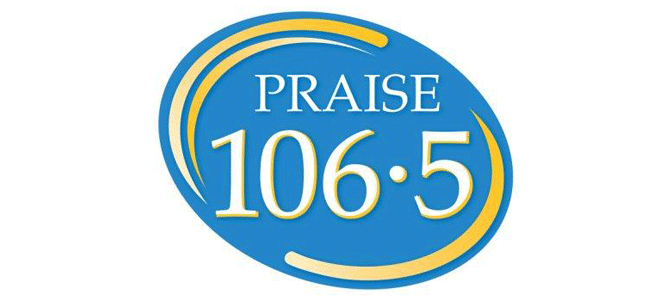















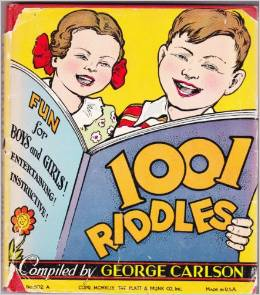 Your radio station is comprised of only two things, in its most basic structure. The music, and everything-else.
Your radio station is comprised of only two things, in its most basic structure. The music, and everything-else.